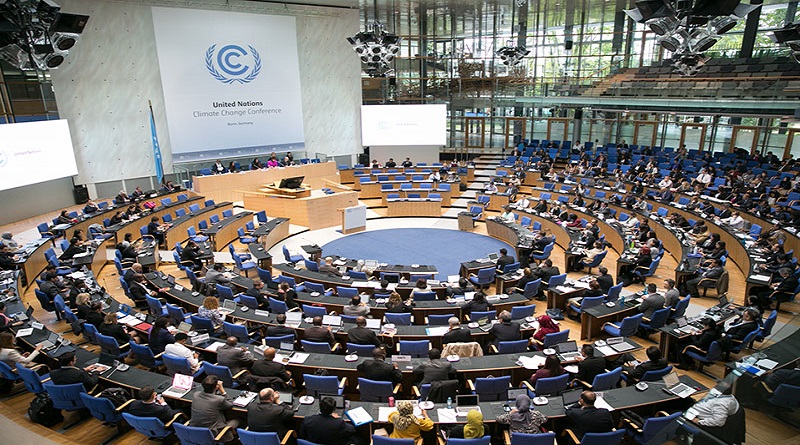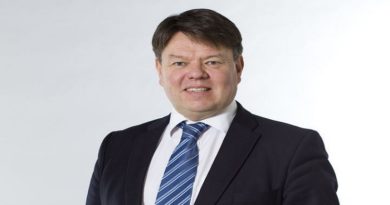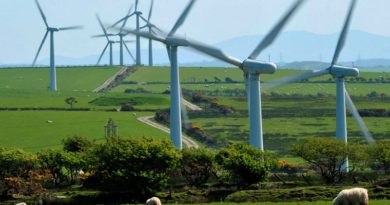June UN climate meetings begin on Monday in Germany
The June UN Climate Meetings – formally called the 60th sessions of the Subsidiary Bodies (SB60) – start next week, Monday, 3 June in Bonn, Germany, where UN Climate Change is headquartered. Building on the many mandates that emerged, and progress achieved, at COP28 in Dubai last year, the meetings from 3 to 13 June at the World Conference Center Bonn aim to drive forward progress on key issues and prepare decisions for adoption at the upcoming COP29 UN Climate Change Conference in Baku, Azerbaijan, in November of this year.
National delegates and civil society representatives will make up a significant part of the around 6,000 participants expected to attend the meetings. They will focus on critical issues such as climate finance, advancing progress on the next round of national climate action plans (or Nationally Determined Contributions, NDCs), the timely submission of countries’ first Biennial Transparency Reports, work on National Adaptation Plans, and accelerating climate action through a just transition, among many other important issues.
In concert with the High-Level Champions, the secretariat is organizing a series of events to explore how businesses, cities, regions, Indigenous Peoples and civil society are working alongside governments to progress ambitious climate action ahead of COP29.
The Chairs of the Subsidiary Bodies, Harry Vreuls (delegate of the European Union) and Nabeel Munir (Ambassador of Pakistan), will give a press conference on Monday, 3 June at 13.15 CEST (GMT +02:00). A link to a livestream of press conference will be made available on the website <unfccc.int> prior to the start of the conference on 3 June.
UN Climate Change Executive Secretary Simon Stiell will be giving an opening speech on Monday 3 June at the opening plenary (scheduled to start at 10:00 CET), to set the scene for the June UN Climate Meetings. Translations of the speech will be available in Chinese, Russian, Spanish and French.
Among many other speaking engagements, the Executive Secretary will also deliver a key speech on 10 June on the importance of Biennial Transparency Report as enabling tools to support stronger climate actions.
The social media hashtag for the June UN Climate Meetings is #JuneClimateMeetings. High-resolution, publication-quality photography of the June UN Climate Meetings will be uploaded in real-time.
With 198 Parties, the United Nations Framework Convention on Climate Change (UNFCCC) has near universal membership and is the parent treaty of the 2015 Paris Climate Change Agreement. The main aim of the Paris Agreement is to keep a global average temperature rise this century well below 2 degrees Celsius and to drive efforts to limit the temperature increase even further to 1.5 degrees Celsius above pre-industrial levels. The UNFCCC is also the parent treaty of the 1997 Kyoto Protocol. The ultimate objective of all agreements under the UNFCCC is to stabilize greenhouse gas concentrations in the atmosphere at a level that will prevent dangerous human interference with the climate system, in a time frame which allows ecosystems to adapt naturally and enables sustainable development.




